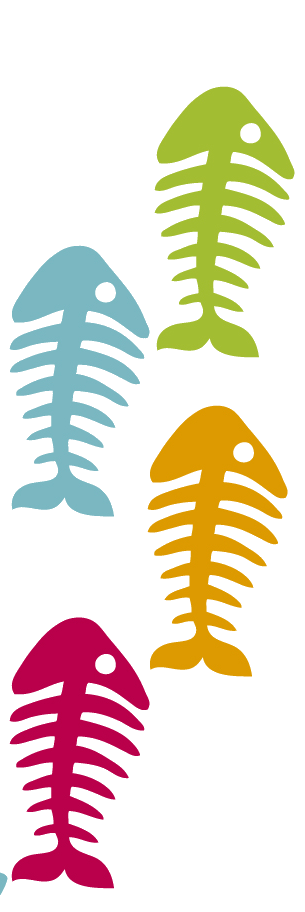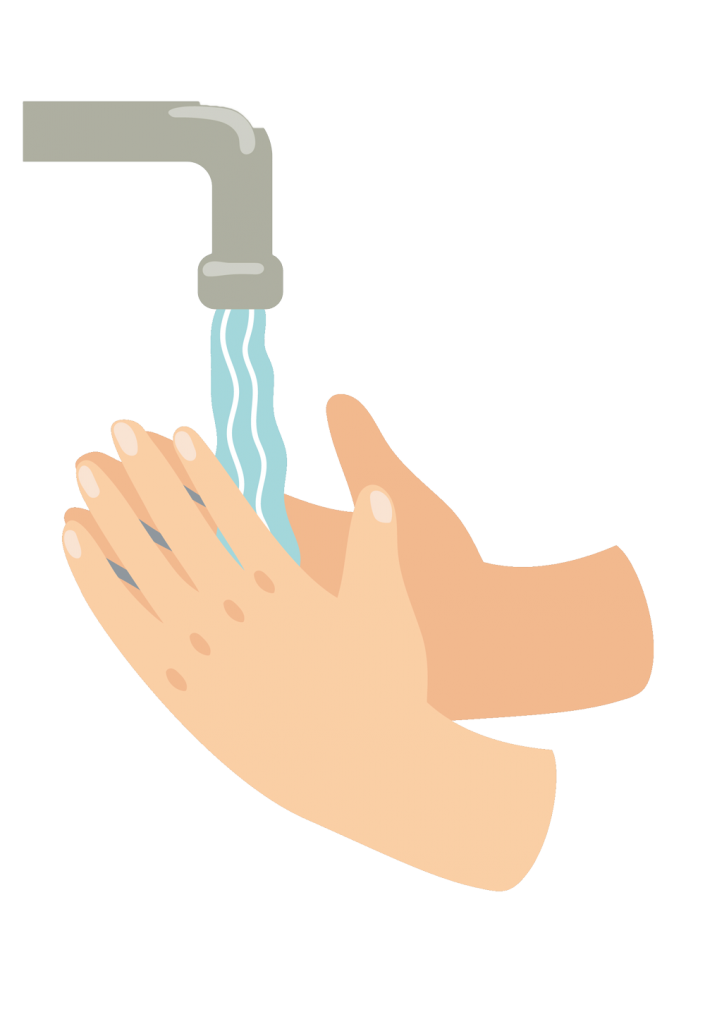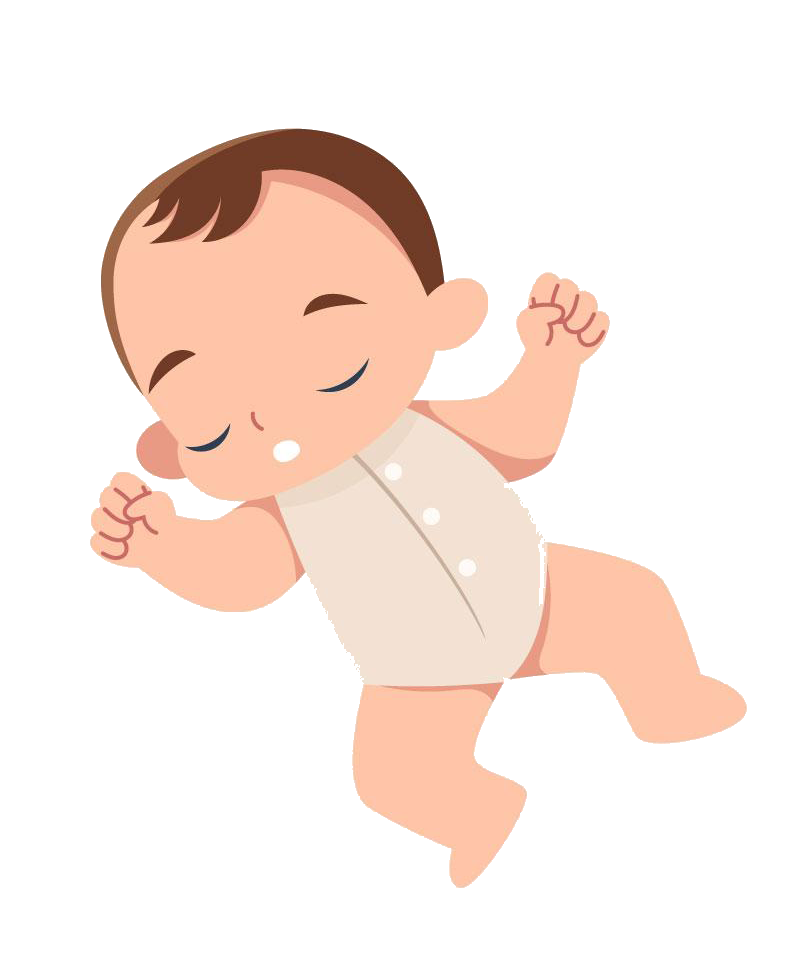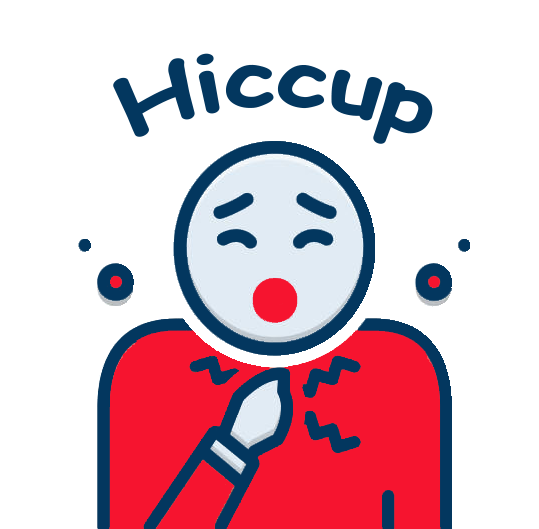Have you ever experienced a fishbone stuck down your throat? For those who have, you must know how unpleasant it is. According to some elders, if you know someone who is “suhi”, you can ask that person to massage your throat to loosen the fishbone inside. Allegedly, the “suhi’s” touch has the ability to dislodge the fishbone. This folk belief is still being practiced today. Most likely your lolo or lola attest that this practice works but there are no medical findings that support it.
Accidentally swallowing a fishbone rarely requires going to the doctor’s clinic for treatment. There are some home remedies that you can try such as eating a banana and followed by drinking water. The banana can push the fishbone downward. The same thing applies to eating bread soaked in water for a minute. Making a few forceful coughs can also help shake the fishbone loose. In some instances, you can just leave it alone. Sharp fishbones can scratch the back of your throat. Sometimes the bone is not there anymore but you still feel it due to the effects of the scratching.
Chances are those who sought the help of a “suhi” already applied some home remedies beforehand. When the affected person feels relief, he/she attributes it to the massage of the “suhi”, not realizing that the home remedy has taken effect.
If you experience trouble breathing due to the fishbone stuck down your throat, it’s best to head to the emergency room as soon as possible.







